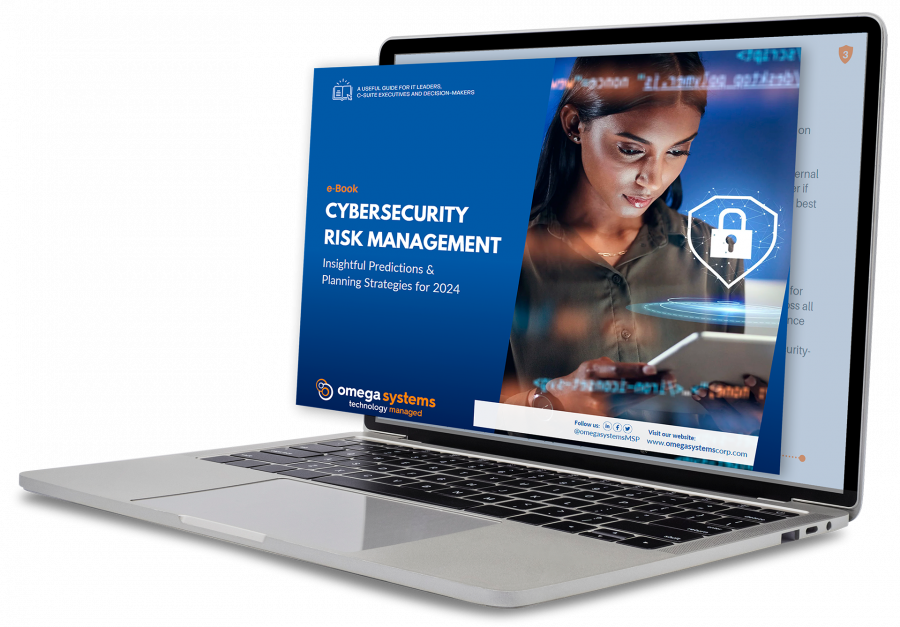
The holiday season has arrived. Although it’s a time for giving, hackers feel differently. In this day and age, it’s extremely important to be aware of your credit card security, especially during the holidays.
Cybercriminals take advantage of that fact that there is so much online shopping being done at this time. Now, it’s one thing to have your personal information stolen.
Along with that, you’re not receiving the gifts you purchased. That’s something you can handle in your personal life. It’s an entirely different thing when it comes to shopping for your business.
The risk of a cyberattack is even more serious this year due to the pandemic. COVID-19 has increased the amount of online shopping because most people are stuck at home at all times. Combine that with the holidays and it’s a recipe for a cyberdisaster.
Phishing Links and how to Avoid Them
One extremely popular holiday scam involves malicious phishing links. These types of phishing attacks are planted within websites, hackers are now using text messages, mobile apps and social media platforms as well. One recent example involved Macy’s. Last year, retail giant Macy's reported that hackers had planted malicious code on its website to obtain personal details such as the names, home addresses, email addresses, and credit card account numbers of online shoppers.
Many times when buying gifts in a business setting, items are purchased in bulk resulting in a large final cost. If you’re the employee making that purchase it could create a sense of urgency or be anxiety inducing. It’s extremely important to look out for all phishing signs before you click purchase. If a malicious link is clicked your company’s sensitive information could be stolen and money could potentially be lost.
If a link to a sale seems too good to be true it probably is. If the link to one of these sales is a phishing link your information will be stolen through the landing page. This information is everything from names and addresses, to credit card account numbers. Don’t cost your business money because you weren’t wary enough online.
One productive way to avoid this kind of cyberattack is to implement Security Awareness Training for your employees. It trains them to recognize phishing signs so they won’t end up downloading or clicking on anything that could potentially steal your company’s information.
Other Scams and Solutions
There are a number of other holiday scams you should look out for as well. For example, hackers will send fake email confirmations out that contain phishing links. During the holidays, a vast number of people are making many of their purchases online. It’s easy to blindly trust an email confirmation that looks like it’s coming from Amazon when you’ve already made five purchases through them recently.
Precautions can be taken and they are so important. Make sure you’re checking the purchase history of the company card you’re using. That way you can ensure all purchases are valid and your information hasn’t been stolen. Now that COVID has increased online shopping so much you may even want to check your purchase history more frequently.
The holiday season is also the season of identity theft. Identity Management solutions like Multi-Factor Authentication ( MFA) is another great way to protect your business and employees. MFA requires two forms of identification to access the company network among other things.
There are a number of other ways to protect your business in a similar way as well. A layered approach is always best. Check out our other solutions here.
On top of implementing a multi-layered security solution, the FBI has some extremely helpful tips on how to avoid holiday cyberscams. Here are a few and you can find more on their website.
- Avoid sellers who post an auction or advertisement under one name but ask that payment be sent to someone else.
- Consider canceling your purchase if a seller requests funds be wired directly to them via a money transfer company, pre-paid card, or bank-to-bank wire transfer. Money sent in these ways is virtually impossible to recover, with no recourse for the victim. Always remember that anyone who asks you to use one of these forms of payment might be a scammer. A credit card is generally the safest way to pay for an online purchase.
- Avoid sellers who act as authorized dealers or factory representatives of popular items in countries where there would be no such dealers.
We hope you haven’t already experienced some kind of security fraud due to online shopping during COVID.
If you’d like to learn more about a layered approach to your security and how you can improve your security this holiday season, contact The TNS Group today.
Categories: Managed Service Provider, MSP Blogs




